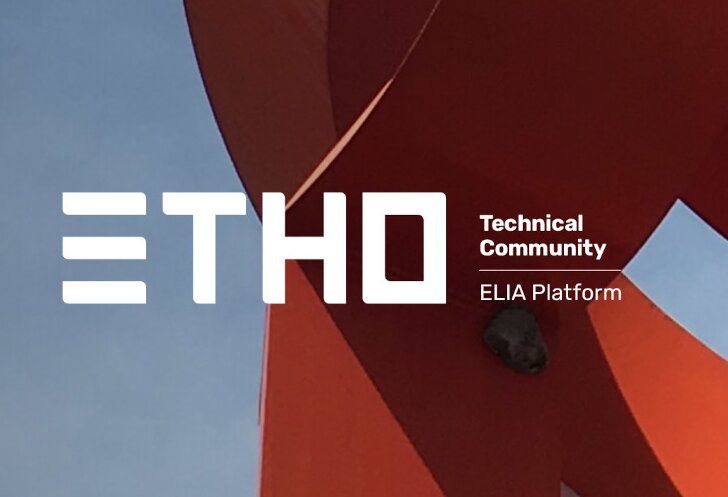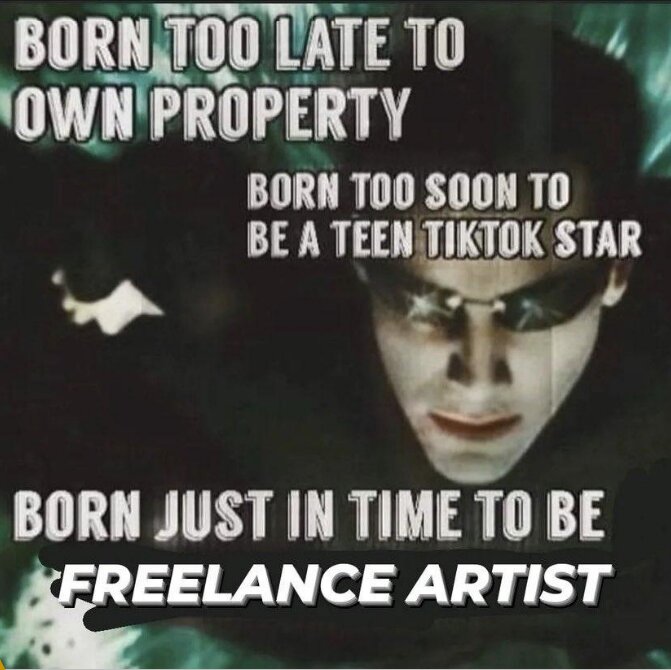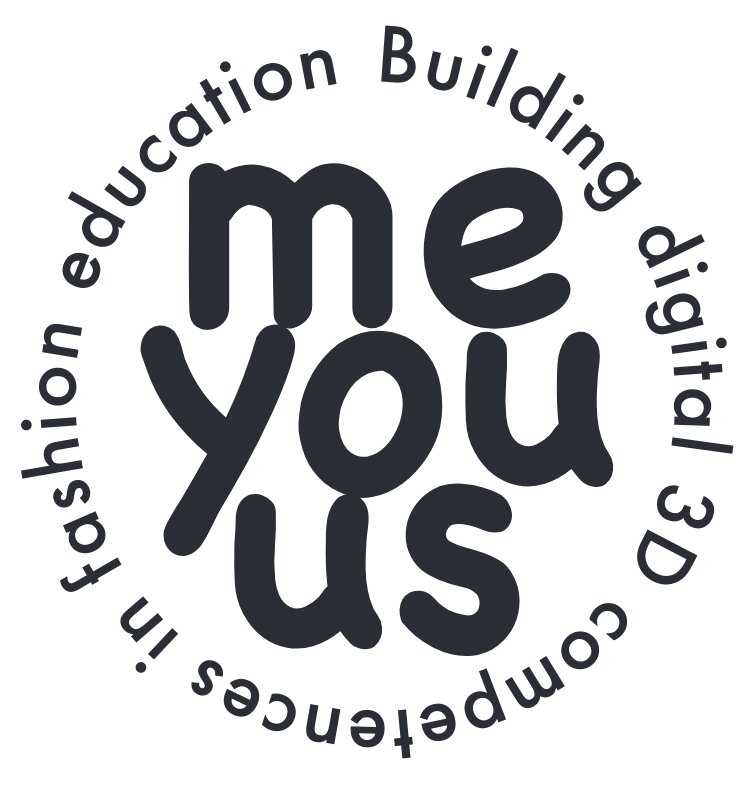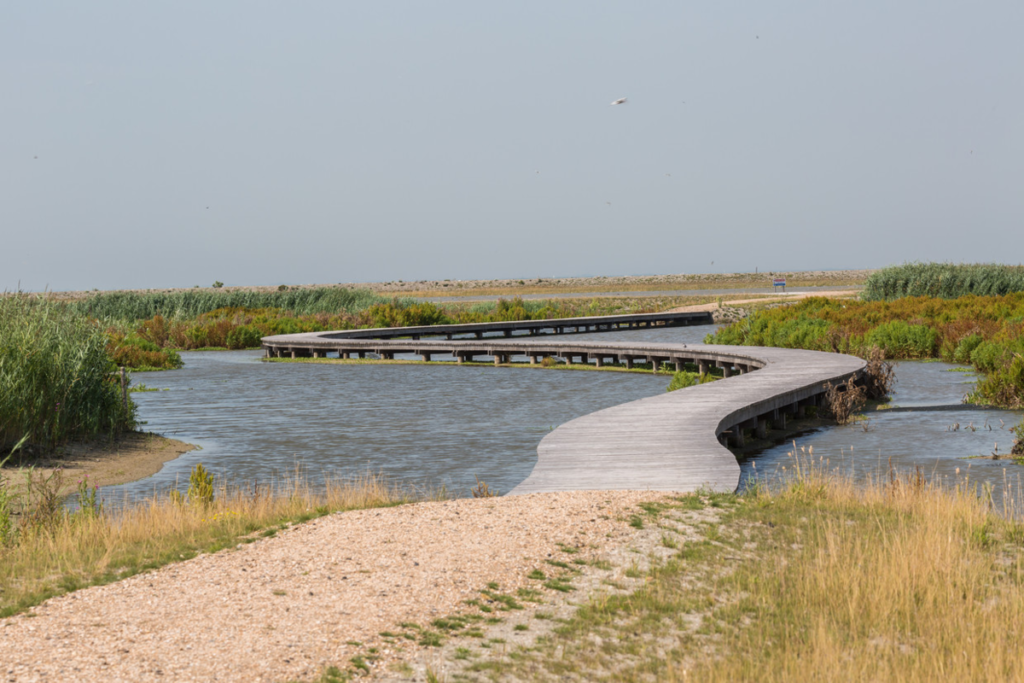Project details
| Researchers |
|
| Partners | AALTO – Aalto University School of Arts, Design and Architecture (FI) MOME – Moholy-Nagy University of Art and Design (Moholy-Nagy Művészeti Egyetem) (HU) ELIA – European League of Institutes of the Arts (NL) ESMAE – Escola Superior de Música e Artes do Espetáculo (Portugal) IED Istituto Europeo di Design (Italy, Spain) |
| Project Leader |
|
| Funding Program | Application in development |
| Affiliated activities |
|
ETHO
ETHO (European Technical Higher Art Education Organisation) is a network of higher art education technical staff. Established in 2016, ETHO aims to advance hands-on learning and innovation in all artistic disciplines through an inclusive community. Through organizing conferences, network meetings and lately webinars topics of interest are Framing Digitalisation and New Technologies for the Arts and the Green Shift.
https://elia-artschools.org/page/ETHO
Background
The world is changing and so is the professional field of arts and the cultural and creative industries sector. Digital transformation, inclusion, diversity, and big challenges regarding climate change have a significant influence on the future practice of our arts students.
We need artists and designers as the New European Bauhaus Initiative of the European Union, for example, is stating. We need to change perspective and to look at our green and digital challenges as opportunities to trans-form our lives for the better.
Artists have an important role to play, with imagination and creativity they can reshape and re-imagine our world. Artists make a difference because they literally ‘make’, ‘shape’ and ‘materialize’ these new narratives of the future. All kinds of technologies are used for this imagination. Artist are specialist in re-inventing and using technologies experimentally, creatively, and critically. As Daan Roosegaarde is saying; ‘If we are not the makers of the future, we will be victims of the future’.
The role, the effect, and the backlash of technology in our society is huge. Artist can reflect upon what these technologies do with humans and non-humans, their critical engagement helps us to adept to our future where technology and biology are fusing.
To be able to reflect and ‘make the future’ our art students need to be introduced in relevant technologies.
At the turn of the twenty-first century digital technologies were slowly introduced in HAEI’s; think of computers, editing studios, and fabrication technologies like laser cutters, 3D printers, and the like. Today, we can no longer neglect the digital transformation with technologies like AI, Machine Learning, Augmented – and Virtual Reality. On the other hand, we must reframe and redefine material (making) practices within higher art and design education in a world where we run out of resources.
Both developments need a redefinition and a new focus on the role of technology within HAEI’s.
What does ETHO want to do?
To respond to the global challenges, it is critical that students learn tools, technologies (informed by sci-ence), develop (digital) skills and competences in forward-looking transdisciplinary manners.
For Higher Arts Education Institutions (HAEI), and specifically for the technical educators within HAEI, this means changing gears, innovate and adept our education fast. If we want to educate these future change-makers, we need to innovate and professionalize our technical education.
This research project supports and provide professionalisation of the technical education of the participating consortium partners. Each CP will contribute by developing a Train the Trainer program based upon the priorities; 1. Green Shift; Reviewing, redefining and innovating material practice within technical education of HAEI. and 2. Digital shift; changes and challenges working with networked digital technologies within technical education of HAEI.
The different CP’s will develop together a series of Train the Trainer programs and sensitivity trainings on generational differences between traditional tendencies and new digital attitude to facilitate the communication to adapt the routines to everyday work situations. This project should lead to more skilled and resilient technical educators who are internationally more and experienced and supports interoperability in different fields of practice
The goal of this project is to ‘Train the Trainer’ around urgent topics and upcoming technologies. Through a collaborative and co-creating process, we, the consortium partners build upon our existing knowledge. Through peer learning and peer reviewing, we learn from each other, we extend and improve our educational programs, upskill and reskill our technical staff. While researching, learning, and doing we publish and share our experiences with a larger technical community which builds upon the existing network organisations of ETHO and ELIA.



